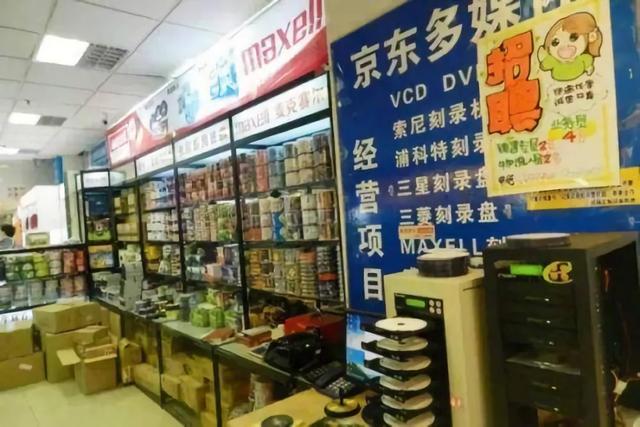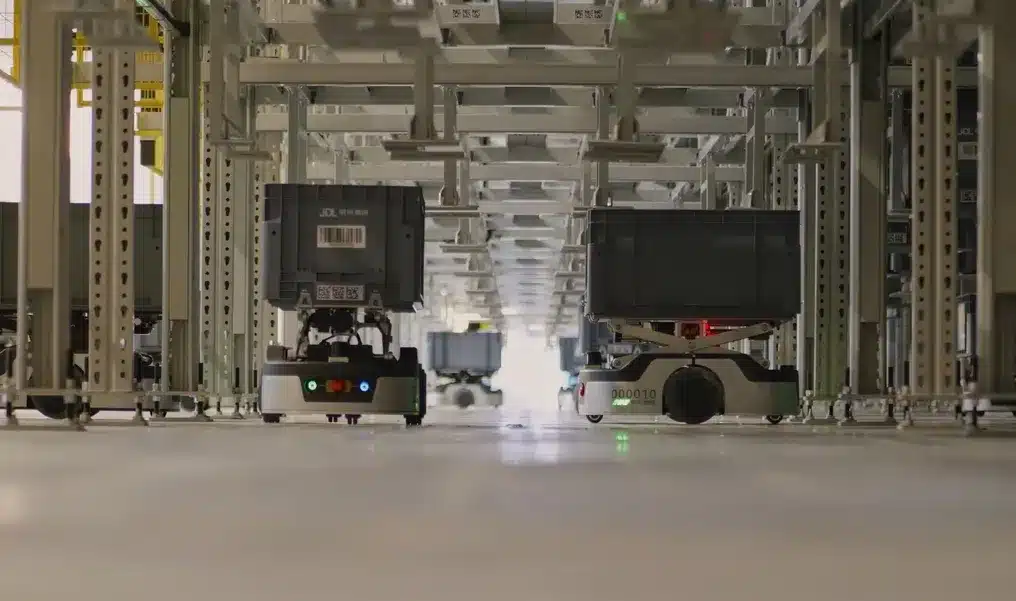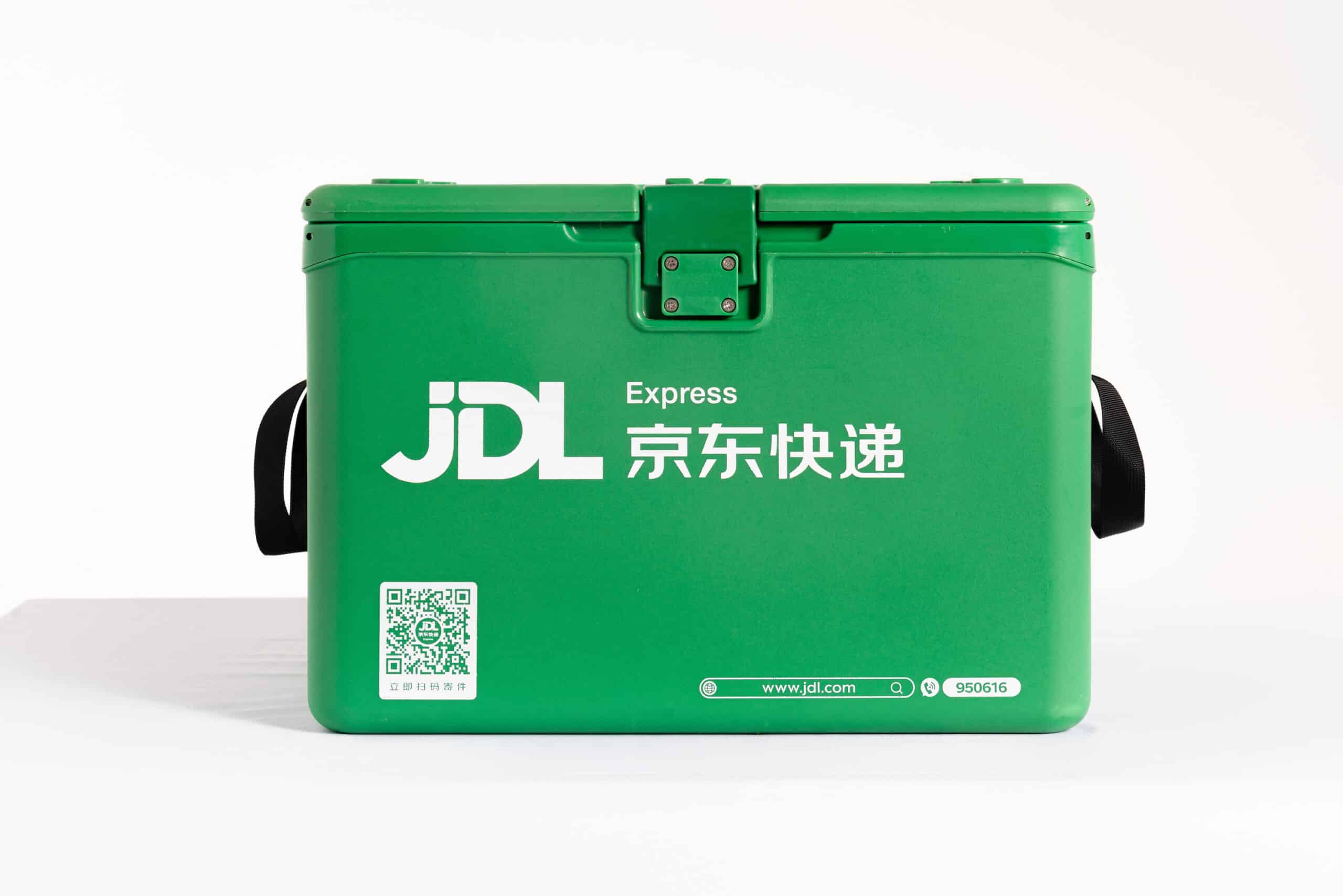Nov 2, 2020|
Richard Liu: Poverty Alleviation Is A Promise Made on Day One of JD
by Hui Zhang
A few years ago, a farmer named Dire Daha began growing olives in Liangshan Yi Autonomous Prefecture of Sichuan province. Registered as a member of an impoverished household, Daha had hoped that his harvest of the fruit many seemed to regard as “liquid gold” would generate profits—but his business struggled due to poor logistics and unstable marketing channels.
That all changed in 2019, when Liangshan Prefecture signed a poverty alleviation cooperation agreement with JD.com that promised to help local farmers sell olives online.
“With help from JD.com, many farmers have benefited because olives and many other specialties from Liangshan such as walnuts, tartary buckwheat, and fungi can be transported off the mountain and sold through the e-commerce platform, and then be sent to the whole country,” Daha said. “Lives of ordinary people will certainly become better and better.”
Daha’s story is just one of JD’s countless poverty alleviation stories.
In the past few years, JD has rapidly expanded its poverty alleviation efforts across China, with initiatives for industrial support, employment, start-ups, finance, healthcare and more.
“JD has been dedicated to poverty alleviation since the first day of this business,” said Richard Liu, founder and CEO of JD.com.
Poverty Alleviation Fruitful Results
Wuyi County is located in the southeast of Hebei province, with a large number of impoverished people. In 2011, it was recognized as one of the key counties in urgent need of poverty alleviation support. After learning about the situation and visiting the county, JD believed its running chicken initiative, one of the company’s poverty alleviation projects, could help improve local people’s lives. By offering interest-free loans to farmers, the program has helped each family in the area earn at least RMB 3,000 yuan per year, improving their quality of life and delisting Wuyi County from China’s national poverty list. Professional breeders hired by JD take the lead in tending to the chickens, while local farmers are offered part-time jobs maintaining farms and growing vegetables, fruit and grain for chicken feed.
Following the chicken project’s initial success, JD has expanded its philanthropic reach and range of premium produce by launching other similar farm-to-table initiatives, including the “Swimming Duck” project in Jiangsu province and a “Flying Pigeon” initiative in Hebei province.
Since 2012, JD has cooperated with 110 state-level poverty-stricken counties and opened more than 250 Poverty Alleviation Local Specialty Malls on JD.com. The malls help promote and market local agricultural products on a national scale, both benefitting disadvantaged farmers and providing access to more locally-sourced products for consumers.
As of September 30, 2020, JD has sold more than 3 million product items from poor areas across the country and achieved sales of RMB 100 billion yuan, which directly increased the income of more than 1 million poor households. In the past five years, sales of agricultural products accumulated to over RMB 500 billion yuan on JD, making it one of the main channels for agricultural product sales.
Various of Poverty Alleviation Strategies
JD is devoted to poverty alleviation across a wide range of areas, including industrial support. One example of how JD is empowering the whole industry is its cooperation with beekeepers and companies in the honey industry.
Yang Ming is a beekeeper from Qingchuan County, Sichuan province. Because of many uncertainties in the process of beekeeping, Yang Ming’s beekeeping career has been full of twists and turns, including financial losses at the beginning. As a beekeeper, he spent most of his time in remote mountain areas far away from people, sometimes without even a phone signal, making it even more difficult for Yang Ming to build the necessary network and resources for selling the honey.
Yang became a beekeeping contractor of Dengfenglai company, which he believed would help him sell the honey. However, his problems still couldn’t be resolved due to common issues such as a scattered beekeeping model and a lack of supervision in the industry. JD invested money and offered marketing channels to the beekeeping industry, which stimulated the whole industry to improve the product quality and assist beekeepers in sales.
Over the past five years, JD.com ‘s poverty alleviation work has also gone through three stages. In the first stage, the poverty alleviation work mainly made direct donations to the poor with money and materials. In the second stage, JD.com raised the poverty alleviation work from the mode of “blood transfusion” into “hematopoiesis,” or the generation of new blood flow. In the third stage, combined with the current situation of poverty alleviation work and JD’s own comprehensive strength, the company has further improved the poverty alleviation strategy with “branding” as the core, aiming to break poverty alleviation work from the low-value status quo and further enhance the anti-risk ability of products and industries.
In these three stages, JD.com has given full play to its five major capacity advantages, such as supply chain, logistics, technology, finance and services, to promote the construction of industrial chain and supply chain, toward the goal of poverty alleviation.
Sticking to Its Original Belief
Born in a rural village in Suqian, Jiangsu province, Liu is the engine facilitating JD to continuously and actively stay involved in poverty alleviation.
Shortly after Liu started his business in 2003, he and 38 employees of the company went to Jingle County in Shanxi province, a poverty-stricken county, and donated money to 38 children from poor families—one for each member of the company. Eleven years later, when JD was listed on Nasdaq in 2014, Liu told the media that above all he hoped JD’s success would enable him to take care of more people.

Liu’s style has also influenced JD corporate culture in terms of social responsibility. JD.com released his first Corporate Social Responsibility Report (2004-2013), which summarizes the company’s social responsibility practice and performance over the past decade.
JD currently employs more than 280,000 people. Nearly half of the employees come from lower- or medium-income families and rural areas, with many expressing the desire to make contributions to their own hometowns.
On March 4th, JD.com announced the launch of the Spring Raindrop Plan to allocate RMB 1.5 billion worth of marketing resources to help merchants and brands that have been heavily impacted by the COVID-19 epidemic, and to bring more quality products to nationwide consumers. JD set up special channels for agricultural products to help farmers sell fresh agricultural products.
JD also announced supportive measures for the agricultural industry in poor rural areas to help the industry achieve an output of RMB 1 trillion yuan in the next three years. The company will use its strengths in supply chain, logistics, finance, technology and service to boost performance for the industry.
“The essence of an enterprise is its value to society,” Liu said. “A good enterprise should not only have sustained and excellent performance, but more importantly, it should work hard to win the recognition and respect of the whole society.”





 JD Auto Upgrades its Omnichannel Car Maintenance Services
JD Auto Upgrades its Omnichannel Car Maintenance Services



